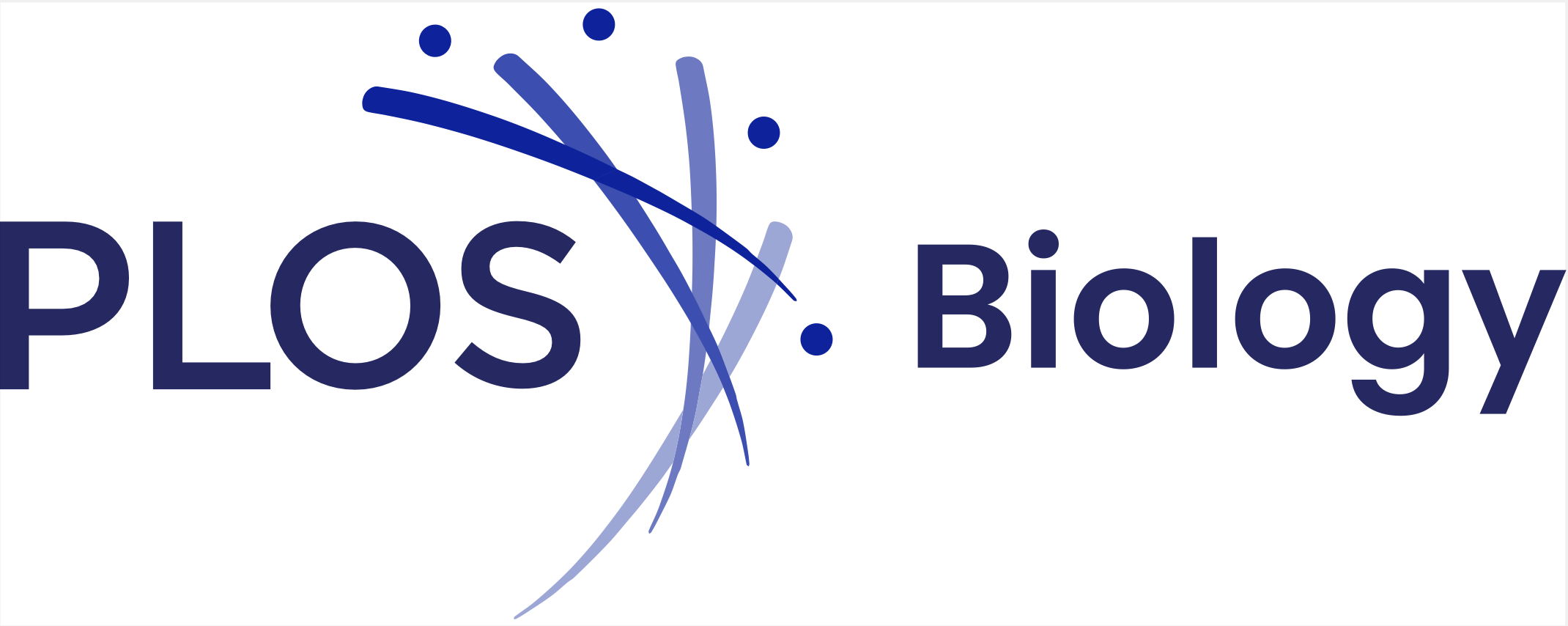Language Accessibility Measures at ICCB 2025
News & Updates
Please Complete the Pre-Conference Survey on Language Barriers
We invite you to participate in our study to understand language barriers perceived by participants at ICCB 2025. We have two surveys (each takes ~ 6 mins): pre-conference survey on your perceptions of language barriers before the conference begins, and post-conference survey on changes in your perceptions and feedback on the support provided. Anyone whose first language is not English and who plans to attend ICCB 2025 can participate in the surveys. Both surveys are anonymous, and your responses to the two surveys will be linked using randomised ID generated by the system.
Please make sure to complete the pre-conference survey online here before attending ICCB 2025 (i.e., before 15 June 2025). The survey is available in Chinese, Japanese, Spanish, Portuguese, and English (select your language from the dropdown list).
This study has been granted approval from the Human Research Ethics Review by the University of Queensland’s Human Ethics Committee, project number 2025/HE000195.
Top tips for attending and presenting at your first international conference
Is ICCB 2025 your first international conference? If so (and even if not) don't forget to check out the ICCB 2025 Instagram for people's top tips for attending and presenting at your first international conference. Four people have shared their unique tips so far with more to come! Please also share your own tips with us.
Our Philosophy
English will no doubt be the common language at ICCB 2025. However, we are aware that conservation is practised and communicated in many languages other than English. For this reason, we aim to foster the participation of individuals from all linguistic backgrounds.
Attending an international conference can be intimidating, especially for those whose first language is not English. For example, a recent study showed that 30% and 50% of early-career researchers in environmental sciences who are non-native English speakers often or always decide not to attend an international conference and avoid oral presentations due to language barriers, respectively.
We have therefore established the Language Accessibility Sub-committee to organise, lead, and facilitate initiatives to reduce language barriers for participants before and during the conference as much as possible and encourage people with diverse linguistic backgrounds to participate in ICCB 2025.
Our ultimate goal is to (i) increase the linguistic and cultural diversity of ICCB 2025 participants, and (ii) facilitate the exchange of diverse ideas, knowledge, experience, and expertise on biodiversity conservation among participants. We envision a scientific community that exchanges knowledge and research, regardless of who produced it, where it was produced, or in what language it is communicated. We believe that achieving this goal will help us better address conservation challenges around the world.
Our Initiatives
1. Understanding the most needed types of support to reduce language barriers
We first organised a brainstorming session with a diverse group of people to come up with ideas for the type of support we can provide before and during ICCB 2025. We then conducted a global online survey of SCB members, past ICCB participants, and potential ICCB participants to understand their views on different types of support for non-native English speakers. The survey was open between 26th March and 19th April 2024. A total of 274 people with 45 nationalities, who are collectively native speakers of at least 38 non-English languages, participated in the survey.
We found that 29.2% and 34.2% of the survey participants answered that providing language accessibility measures is “Very important” or “Important” to their decision to attend ICCB 2025 and give an oral presentation at ICCB 2025, respectively. The top five types of support (based on the proportion of “Extremely helpful” and “Very helpful” responses)” were:
1. Provide live English captions for all oral presentations (70.18%),
2. Multilingual volunteers available during the conference (68.75%),
3. Implement guidelines for linguistically inclusive presentations (66.96%),
4. Establish a mentoring scheme to find a mentor who helps with presentation preparation (66.13%),
5. Multilingual volunteers at each session to help with Q&A (64.78%).
We used the survey results (see here for full results) to prioritise the type of support to be provided before and during the conference.
2. Language accessibility on website
Website translation was the second most supported option for pre-conference support in our survey. We have therefore implemented machine translation on every page of the ICCB 2025 website, which is available from the drop-down list on the top right corner. Note that machine translation is neither perfect nor available for all the world’s languages. We also strongly suggest double-checking important information by referring to the original English text. Nevertheless, we hope this will reduce language barriers in accessing information on the conference and the city.
3. Language accessibility in proposal/abstract submission
- Writefull Revise: Thanks to sponsorship from Writefull, an AI-based English editing service (Writefull Revise) is available for free on the abstract submission page for anyone submitting an abstract. Simply upload your document to Writefull Revise, and download your document with Track Changes to instantly revise your text in Word.
- No rejection for poor language: The ICCB 2025 Scientific Subcommittee has decided to accept all submitted talk/poster abstracts with suitable content and scientific rigour on a first-come, first-served basis until the capacity limit is reached. No talk/poster abstract will be rejected for poor language. Only abstracts where key ideas cannot be understood will be returned to authors for revision and can be resubmitted.
- Linguistically-inclusive review guidelines: We have implemented linguistically-inclusive guidelines for reviewers of session proposals (i.e., symposia, forums, workshops and training courses) and talk/poster abstracts to follow when evaluating proposals/abstracts. The guidelines (i) stress that reviewers should focus on the merit, significance and impact of the submission rather than on language proficiency, and (ii) instruct reviewers to be more specific, civil, and less disparaging when providing feedback on language.
- Option for non-English oral presentation: We offer the option to give your oral presentation in a non-English language. When submitting your abstract here, simply check the box “Yes - I prefer to give my presentation in a non-English language”. If a certain number of people prefer this option, we will strive to create one or more contributed sessions for presentations in any non-English language, with English captioning (as needed). Please note that we may not be able to implement this option if we don’t have enough people who prefer this option, in which case you will need to present in English.
4. Language accessibility in presentations
-
Guidelines for linguistically-inclusive oral presentations
We have developed short and concise guidelines to inform presenters on how to design talks that support inclusivity and accessibility, with the aim of enhancing communication across diverse speakers and audiences. We also encourage non-presenters to keep these principles in mind when asking questions during sessions. The guidelines will be available here and also sent to all participants soon.
-
Providing live English transcriptions and translations in other languages
To support participants’ understanding of oral presentations in English, we are excited to work with Wordly to provide live AI-based English transcriptions of all oral presentations and live translation of all plenaries and oral presentations in selected sessions in over 60 languages
This initiative is supported by the following sponsors:
- Ensuring that Presenter View is available to all presenters: It is often useful to see some text in Presenter View while presenting, especially for those whose first language is not English. We will make sure that Presenter View is available to all presenters in all plenary and breakout sessions.
- Mentorship program: This program aims to foster a collaborative learning environment between mentors and mentees to help mentees feel comfortable and confident in delivering their presentations in English. Mentees will receive support from mentors in structuring their presentations, improving visual design, use of English language, and preparing for their presentations. Mentors will develop their leadership skills in guiding others effectively. You can find the Mentorship Guidelines linked here. If you are interested in participating in this program, please complete this form [mentee] or this form [mentor]. Mentors will receive a certificate from the Society of Conservation Biology upon successful completion of the mentorship program.
- Writefull Premium service: We are offering free two-month subscriptions of the full Writefull Premium service to ICCB 2025 participants (April - June 2025). Participants can use the service to proofread text in their presentations or for any other purpose. Writefull supports scientific writing with AI-based language suggestions, and is available in Microsoft Word, Overleaf and the browser. Once you have registered, you will receive the discount code in an email. You can also email us (ICCBteam@conbio.org) to ask for the code.
- Tips for attending and presenting at your first international conference: Attending and presenting at an international conference can be intimidating especially if it is your first one. But don’t worry! We have interviewed a variety of people for their top tips for attending and presenting at your first international conference. Please check out a series of our Instagram posts here for some useful tips for making the most of ICCB 2025.
- Assessing the effectiveness of actions:
- We also measure the effectiveness of our initiatives through the pre- and post-conference surveys, which aim to understand (i) the level of language barriers perceived by participants before and after the ICCB 2025 and (ii) which types of support offered were most helpful. Anyone whose first language is not English and who plans to attend ICCB 2025 can participate in the surveys. Both surveys are anonymous, and your responses to the two surveys will be linked using randomised ID generated by the system.
- Please make sure to complete the pre-conference survey online here before attending ICCB 2025 (i.e., before 15 June 2025). If you have any questions, please reach out to Dr Tatsuya Amano (t.amano@uq.edu.au) or Dr Violeta Berdejo-Espinola (v.berdejoespinola@uq.edu.au). This study has been granted approval from the Human Research Ethics Review by the University of Queensland’s Human Ethics Committee, project number 2025/HE000195. Your voice matters, and we greatly appreciate your time and effort in helping us enhance the ICCB experience for everyone.
Watch this space for more initiatives as they are confirmed.




